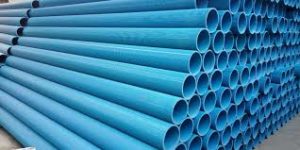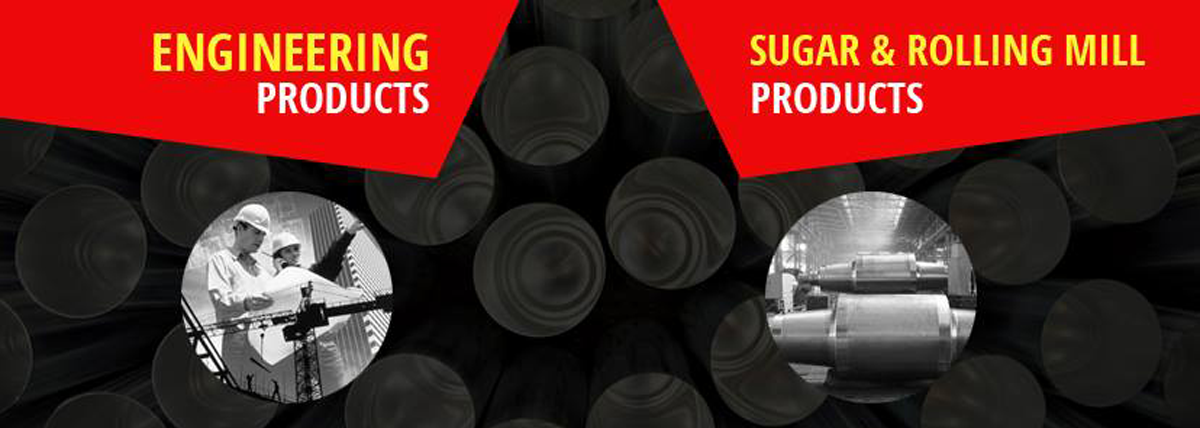
It can be quite challenging while choosing pipes for industrial applications especially for transporting liquids and gases. In this context, a mention has to be made of casing pipes which prove highly useful in the process of oil drilling and other underground construction projects. The pipes provide safe conveyance of oil and gas and offer protection to the utility lines.
Casing pipes encase the carrier pipes which are installed through the pipe’s center and are often used when drilling horizontally or below roads, railroads, lakes, highways etc. The steel casing of the pipe is very sturdy and tough and safeguards the utility lines from human activity or natural calamities. Utility lines refer to water mains, natural gas lines, electrical voltage lines, fiber-optic communication lines or telephone lines.
There are two ways by which these pipes are installed underground. In case of horizontal boring projects that are below the ground casing pipes can be installed in segments into a bored hole and then joined together by welding or by use of special connections. Another method is to use a pipe welded in the form of a ribbon and push it into the hole that is previously drilled and kept ready. The varied applications for which these pipes are used are water well casing, road bore casing, culverts casing, oil and gas transportation pipeline casing, tunnel casing, drilling casing etc. Five different varieties of casing pipes are produced namely; the Conductor casing, Intermediate casing, Surface casing, Production casing or Liner strings. Casing pipes suppliers stock pipes with coal tar epoxy or bitumastic coatings though uncoated varieties are also available. The suppliers also need to ensure the fulfillment of standard API 5 CT requirements.
The American Petroleum Institute or the API has laid down certain specifications or standards for welded and seamless steel line pipe which transmits gas, oil and water in the petroleum and natural gas industries. These are the API 5L specifications and the grades covered are termed as A, A25,B and grades of ‘X’ namely X80, X70, X65, X56, X60. The numerals following ‘X’ refer to the pipe’s Minimum Yield Strength produced in the grade. All suppliers including the API 5L Gr B pipes and API 5L Gr X65 pipes suppliers have to ensure the adherence to the laid down specifications. The standards have been devised by the API keeping in mind the environmental and legislative requirements. The standards enable the concerned organizations to enhance their cost effectiveness and efficiencies. Pipes with API specifications stand for quality products. The seamless steel pipes cost more than the welded pipe and as the steel grade increases the carbon content limit becomes stricter. Most of the manufacturers are currently involved in devising pipes which have higher corrosion resistance and offer stable working in high and low temperatures. The durability and quality of the equipment is assured and the customers have a satisfactory experience.
Besides the casing pipes there are several other industrial steel products like alloy steel round bars that find their way into a number of significant applications. Alloy steel round bars suppliers; too, ensure the quality of their products to provide a satisfactory customer experience.

